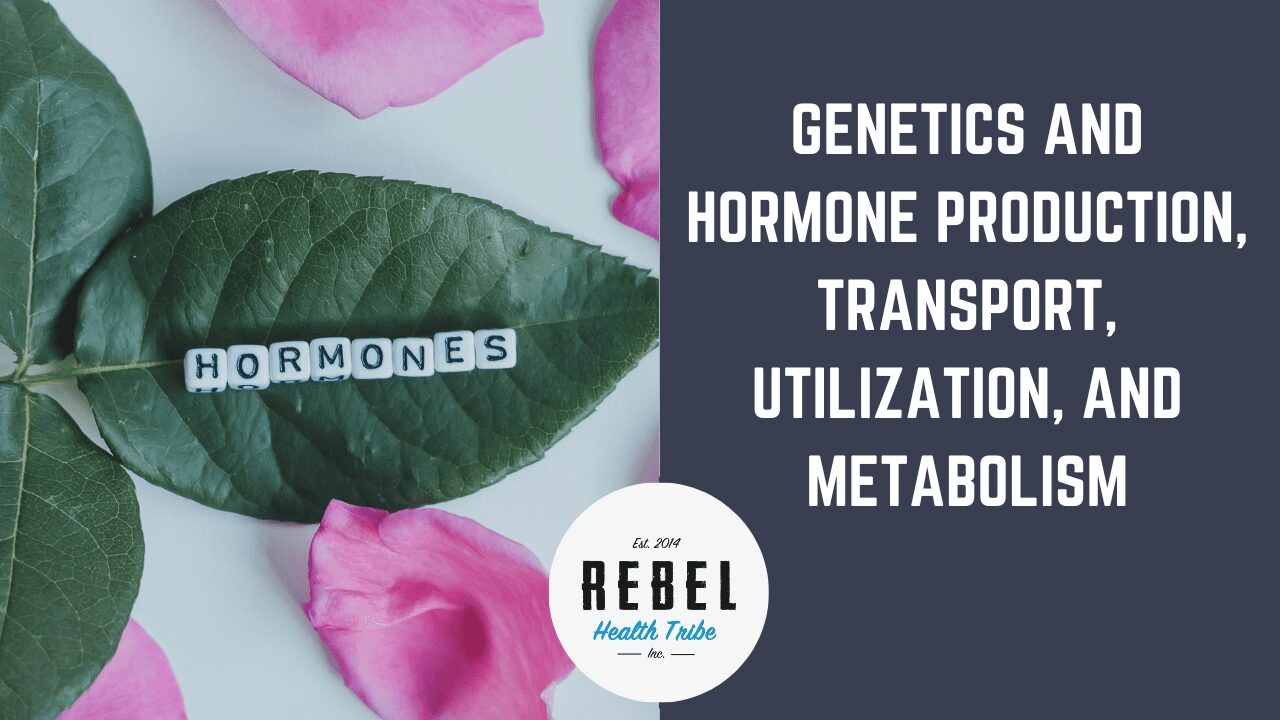
Genetics and Hormone Production, Transport, Utilization, and Metabolism
Our genetics play a larger role in our hormones than most people
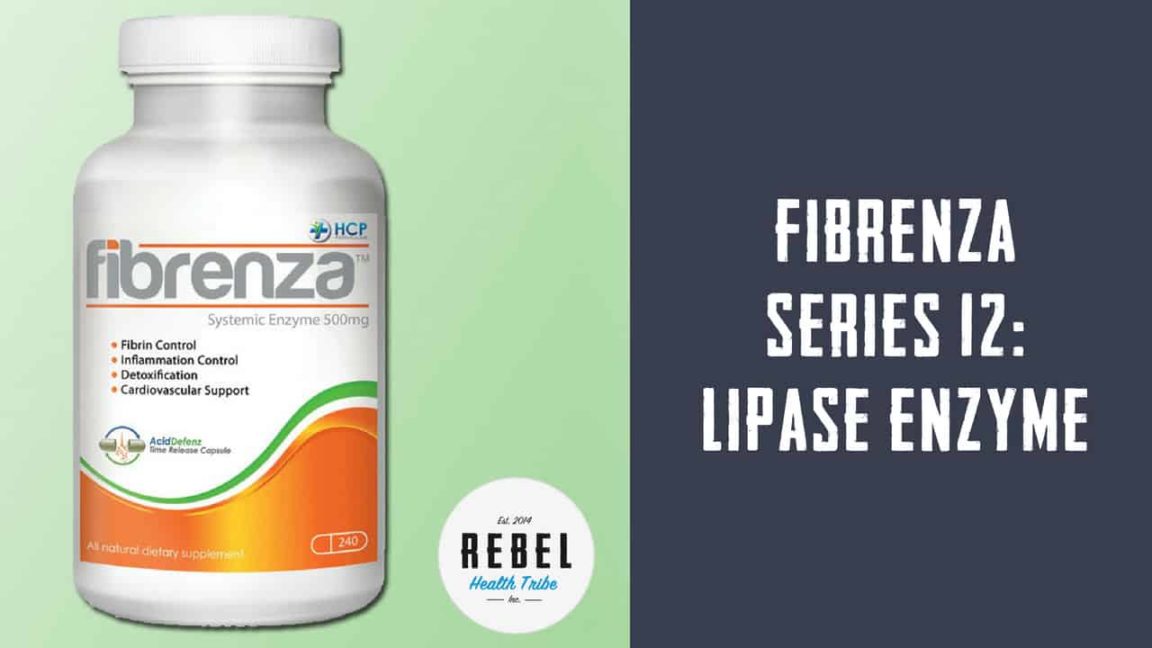

Our genetics play a larger role in our hormones than most people
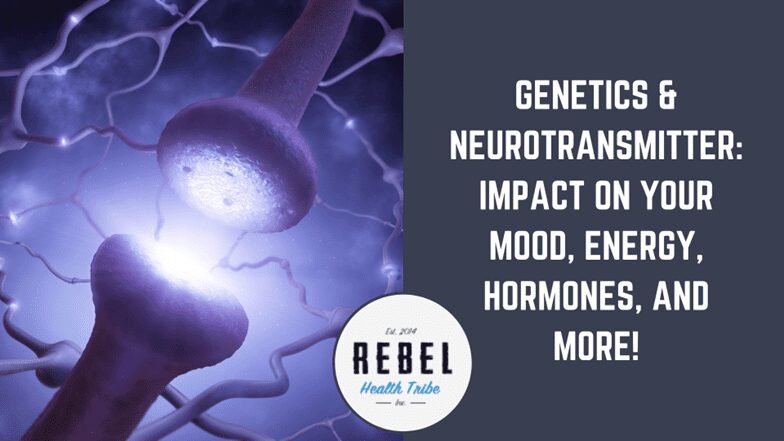
Have you wondered why an antidepressant didn’t work for you? Have you
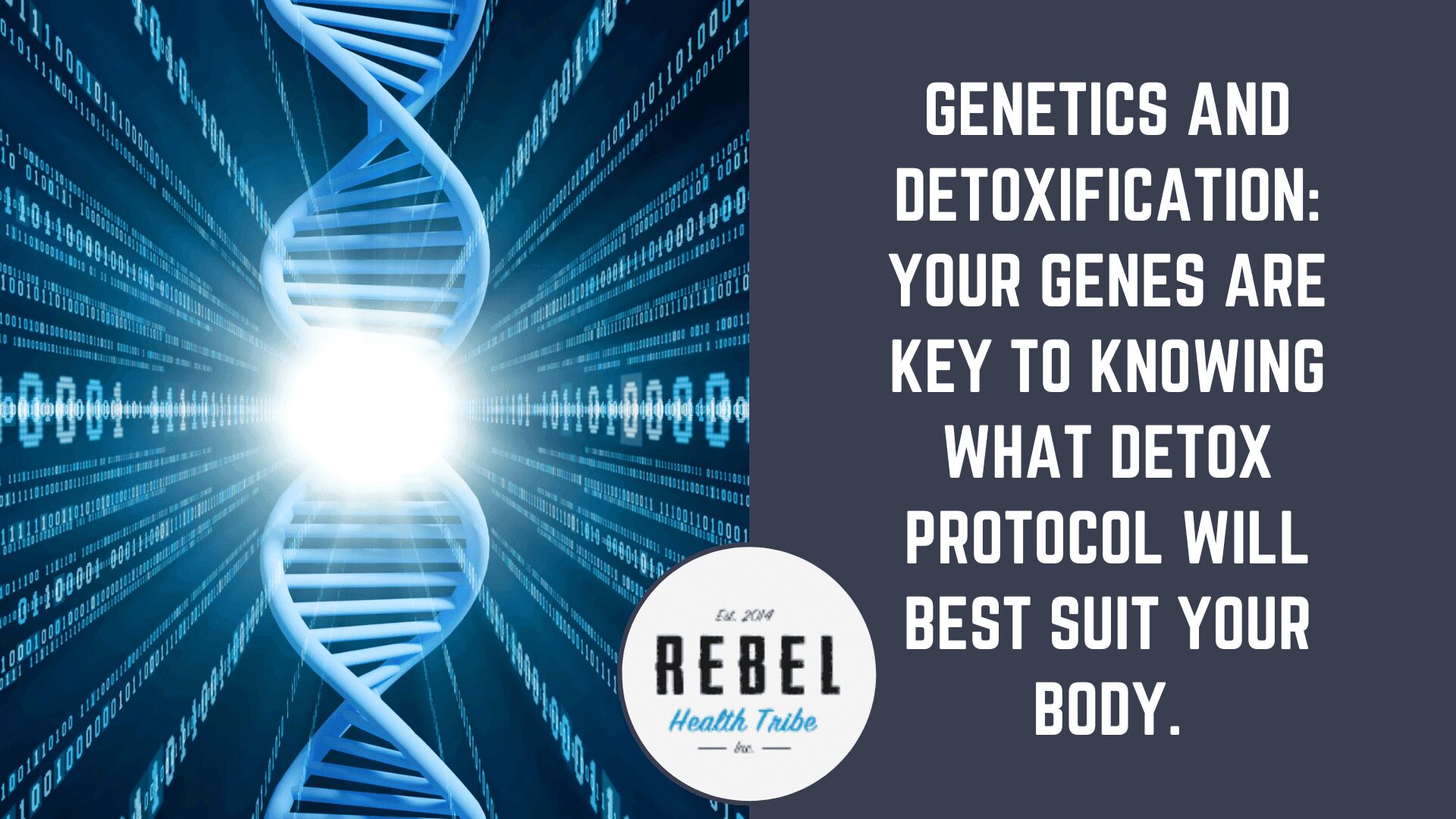
https://vimeo.com/821487331 If you’ve ever bought a detox kit off a shelf

Optimization Guide
Michael:
Last one we have is lipase and lipase is an enzyme that breaks down and metabolizes fats, correct?
Kiran:
Yep, exactly. And again, the word lipase itself is a general term for all enzymes that break down fat. There are very different types of lipases within the body. Your body makes different types of lipases, it targets different types of fats, and converts fats into different types of fatty acids, and it’s very important to have lipases within your gut itself because if you don’t break down your fat, then in fact a high degree of fat within the diet that’s not broken down can cause microbial disturbance, can cause peristaltic disturbance.
You know, a lot of people for example, if you just take a bunch of coconut oil and just drink it, it’s gonna go through you pretty fast because it basically lubricates your whole system. So you want to be able to break down the fat, assimilate and pull out the fatty acids, convert it into triglycerides that are useful, and that’s what lipase enzymes do. They basically convert fats into useful components.
And then also, a lot of people with reflux have problem with breaking down fats so you tend to have fats that just kind of sit around in the small bowl and then if you get gastric pressure and all that, it can push up. So you can take a lipase enzyme that actually helps quite a bit with reflux as well.
Michael:
That’s interesting, I never thought of that. But lipase you will find in digestive enzymes as well as a systemic?
Kiran:
Yeah. And lipase, you know, there’s not a whole lot of information on them being systemic, but as far as getting into the circulatory system and functioning in the circulatory system. However, what’s important about them in a systemic enzyme formula is, you wanna clear out fat that you have in the digestive tract so that there’s room for the other systemic enzymes so it should be absorbed. If you happen to have, you know, undigested fat and things like that in the digestive tract, it’ll bind up your other proteins and you may not get the benefit of it. So I don’t mind seeing it in a systemic formula, I think it’s a very important digestive enzyme, but it’s overall just beneficial.
If you have problems digesting fat, meaning you’re stool is, and you can tell people with fatty stools, they tend to have kind of an oily appearance to them or if you get GERD reflux, lipase is very important for that as well.
Michael:
Okay. That makes total sense. So it’s not like you can just take lipase though and it melts all the fat off of your body, correct?
Kiran:
Yeah, unfortunately it doesn’t do that, yeah.
Michael:
What about fatty liver?
Kiran:
No, there’s no, I’ve never seen any research with fatty liver and lipase. In industry, just as a side note interestingly enough, lipase is used for two things. I used to work on two different things with lipase enzymes. Number one is in drug manufacturing. So lipase actually is a great way of separating chiral enantiomers of drugs, which what that means is not that important. But the second part is in cheese. Certain types of lipase enzymes can modify the flavor of cheese. So there’s something called enzyme modified cheese and they use lipase enzyme to basically change the characteristics of the flavor of certain cheeses. So they’re very important for breaking down fats that come from dairy and all that.
And historically, humans’ lipase production just goes lower and lower as we age, so it’s important to supplement with it.
Michael:
That’s why older people often say they have trouble eating fatty foods probably.
Kiran:
Yeah, they get a lot of reflux and indigestion because they’re not breaking down the fat.
Michael:
Interesting. Alright, well, that’s the whole list that I have. I really appreciate all the information and as always you sharing so much of your knowledge. Enzymes, the more that I learn about them, the more I think that … Like I personally take, I’ve been using a combo product, Wobenzyme, I’ve also used Vitalzym. Both of those product, they contain I’d say half to two thirds of the ingredients that we’ve discussed during this interview. I’ve seen pretty good results with both of them, generally at pretty high doses though. But for shoulder injury it really helped me, for back pain it was helpful. But now that I’m learning all these other values of the superoxide dismutase, the serrapeptase, nattokinase, which those three are not in any of those products I don’t believe.
Now I think that personally I’m gonna include as part of my everyday regimen, even if it’s just a low maintenance dose. Because our overall body’s production, I mean I’m 35, and so depending on where you are in life watching this, you either consider 35 a young pup or you’re like, oh my god, 35 that’s so old. Remember those days when you thought 35 was your old uncle? And so our enzyme production as a whole decreases as we age, like across the board, right?
Kiran:
Yeah, basically, yeah.
Michael:
So including a really well rounded proteolytic enzyme blend is something that as a health conscious person, I think I’m going to do for myself and it was brought to our attention by you actually, and you have no affiliation with the company whatsoever. But they make Fibrenza and Fibrenza is a proteolytic enzyme blend that’s pretty new on the scene, on the market. And it does include all the enzymes that we discussed today and it’s the only one I’ve seen that does. And so I was taking Wobenzyme and serrapeptase and nattokinase together and, like three products. So for me I’ve replaced three for one. And that’s kind of what gave me the idea to put these interviews together in the first place was so that everybody could understand. Because what I’ve seen with the proteolytic enzymes with myself and clients and colleagues has been pretty remarkable.
Kiran:
Yeah.
Michael:
So, I really appreciate the time, Kiran as always, and sharing all this information. We will, I’m sure, record another webinar interview or something coming up and if you enjoyed this and like it, check out the microbiome series like I mentioned at the beginning. Great content there, mostly gut related. We do have an episode there about microbiome and enzymes specifically, what’s produced where and which bugs produce what and how it all works together. So if you’re interested in that, check it out, just sign up as a free member on the site and you’ll have access to those. So, thanks again Kiran, and we’ll talk soon.
Kiran:
Thank you, Michael. Take care.
Optimization Guide
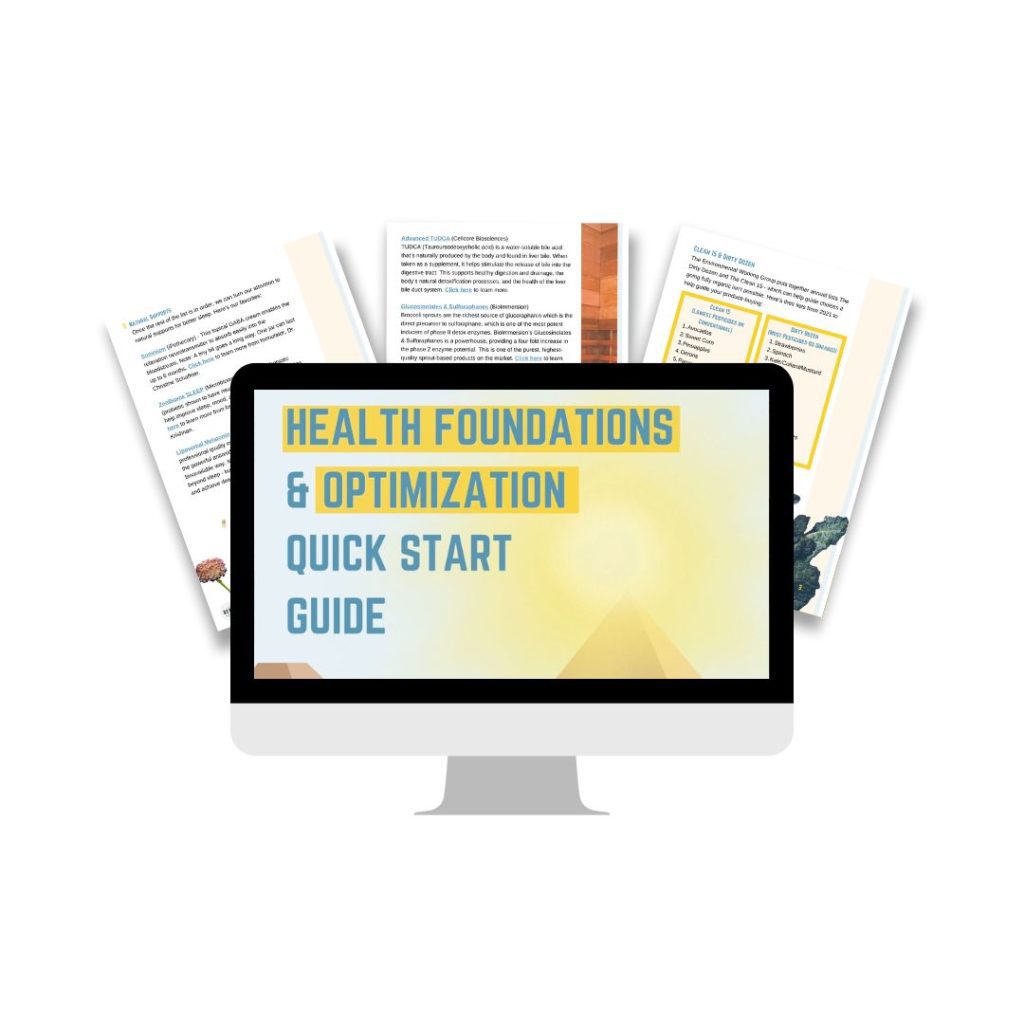
An Exclusive Course with 10 Years of Microbiome Knowledge Build Your Resilient Gut: Microbiome & Beyond
If you’ve ever wanted all of Kiran’s best content in one place, here they are!
The toxicity and Detoxification Masterclass covers a wide array of topics with the following guests:
19 Leading Experts Share Cutting-Edge Science, Effective Practices, and Clinical Strategies to Optimize Brain & Nervous System Health in Kids and Adults
Autoimmune Masterclass brings together 17 of the world’s leading doctors, researchers, and experts on autoimmune diseases who each present their own mini-class on autoimmunity.
Be the first to get access to special offers, new podcasts, courses, products and events from Rebel Health Tribe.
MegaSporeBiotic is a probiotic blend of 5 Bacillus spores that have been shown to maintain healthy gut barrier and immune function.